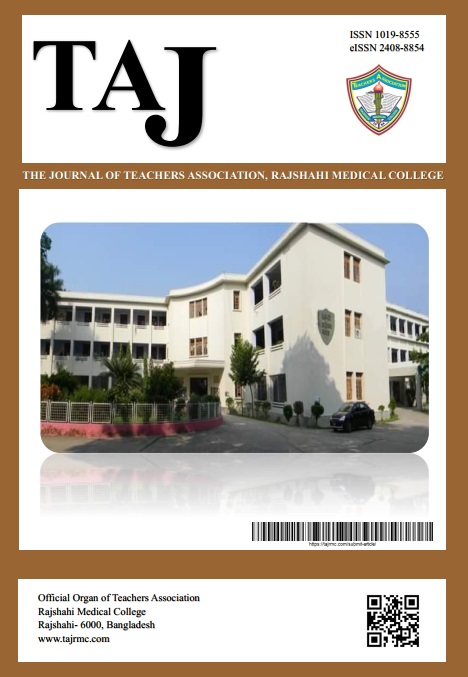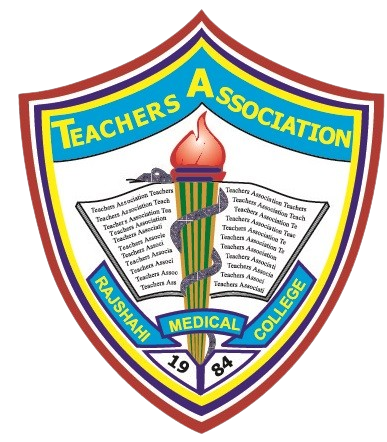| Evaluation of 'Non-compliance' as a Risk Factor of Developing MDR TB in Different Educational backgrounds among the Patients Undergoing Treatment in a Specialized Hospital in 50 cases |
| Md. Ruhid Hossain, Md. Safiqul Islam, Samina Akter, A.H.M. Anisuzzaman, Md. Abdullah-Al-Maruf, Noor Mohammed |
| DOI: https://doi.org/10.62469/taj.v037i01.016 |
| Pdf Download |
Background: Multidrug-resistant tuberculosis (MDR-TB) presents a significant global health challenge, with Bangladesh being no exception, experiencing a rise in drug-resistant cases. The study focuses on the correlation between drug non-compliance and patients' educational backgrounds as a contributing factor to the emergence of MDR-TB. Objective: This study aims to assess the impact of non-compliance with medication regimens on the development of MDR-TB among individuals from varying educational backgrounds. The goal is to increase awareness regarding this crucial issue among patients, families, healthcare providers, and policymakers. Methodology: A retrospective cross-sectional analysis of 50 MDR-TB patients who had received at least three months of treatment at Dhaka's National Institute of Disease of the Chest and Hospital between October 2011 and March 2012. Results: The results of the study revealed that 64% of MDR-TB patients had a history of drug non-compliance, with a majority of them (72%) being male. Drug non-compliance was more common among individuals with lower educational backgrounds, as 72% of non-compliant MDR-TB patients had completed only primary education or less. In contrast, among compliant MDR-TB patients, 70% had completed secondary education or higher. Conclusion: It highlights that individuals with higher educational backgrounds tend to be more health-conscious and adherent to their medication regimens, resulting in a lower incidence of MDR-TB among this group

